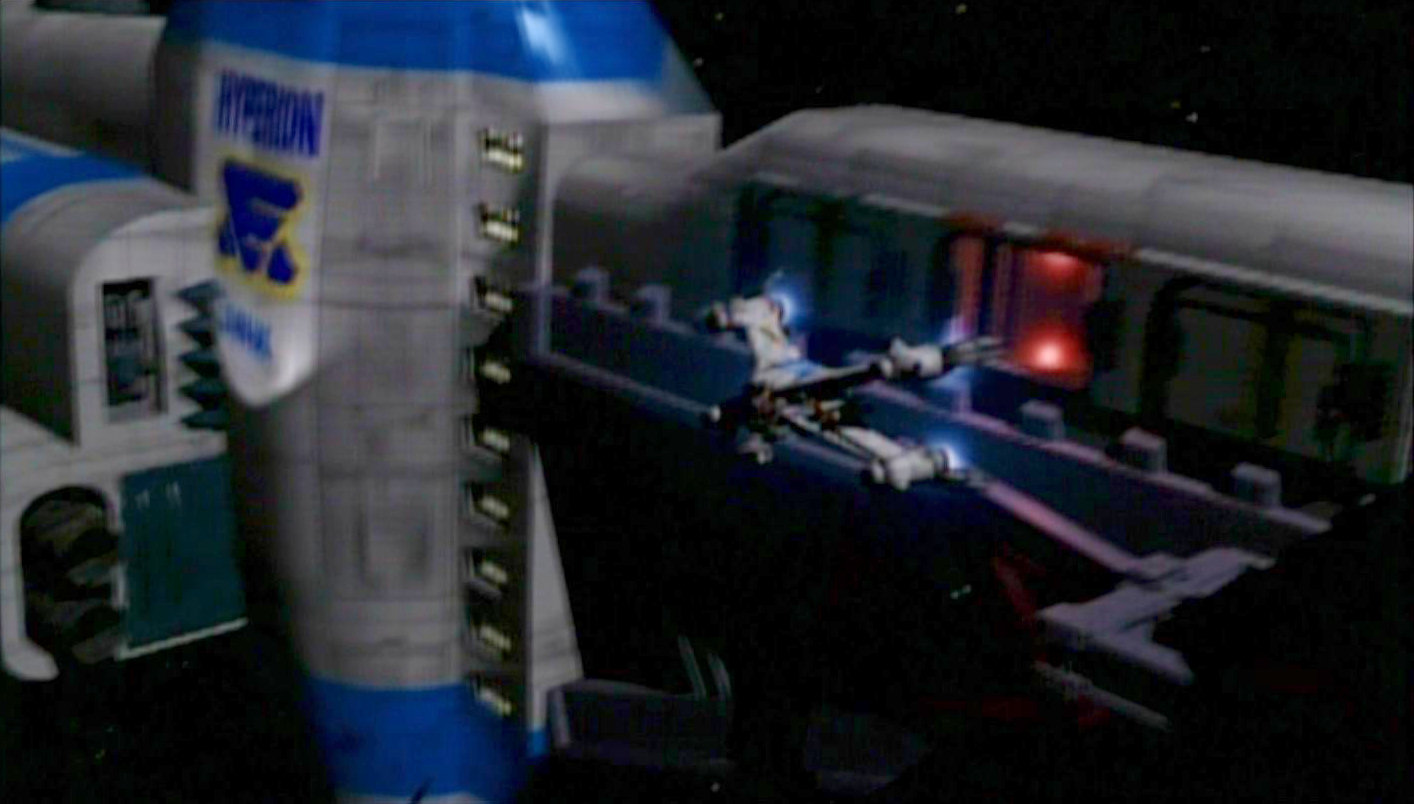I am not supposed to describe my character AT ALL ...
I like to set the stage and let readers know through facial expressions, posture, etc. how the character is feeling.
This is interesting. We had a parallel discussion in another group, and here are my take-aways from it.
1) I don't overly need a description of the POV character beyond gender and eccentricities. Shakespeare never described Juliette, yet she's framed in my head as a certain look. She's framed in your head with a slightly different (but no doubt similar) look. If a thousand people had to render her under a paint brush you'd get a thousand variations, each personalized to that reader.
(Okay, R&J was a bad example because it's a play but I've often wondered how other people visualize them. I've never been able to mentally match them with the various film depictions through the years - they've always felt "off" to me. I also concede that trendy writers (JK Rowlings) have had great success describing their characters into the minutae)
2) I don't need the POV character's facial expression. If it's there, okay. If it's not, I'll assign one mentally. You're better off if I'm assigning it because I'll always assign the most favourable expression. If I'm doing this, I can ease into the POV character like it's a second skin. If it's there too much, it's a little intrusive - I'd want the story to keep rolling rather than the writer catch me up on what I'm supposed to be feeling for the MC.
Here's an excerpt from South of the Border, West of the Sun:
As soon as I saw her, everything around me froze. A lump of air forced its way up from my chest to my throat. Shimamoto, I thought. I drove past her to check her out in the rearview mirror, but her face was hidden in the crowd. I slammed on my brakes, getting an earful of horn from the car behind me.
Murakami, Haruki. South of the Border, West of the Sun: A Novel (Vintage International) (p. 201). Knopf Doubleday Publishing Group. Kindle Edition.
Now, let's stomp all over it with what the writer (pretend that's me) wants the reader to feel:
Kdot makes a mess of this wrote:As soon as I saw her, my eyes lit up and my eyebrows raised. Shimamoto, I thought, grinning. I drove past her to check her out in the rearview mirror, but her face was hidden in the crowd. I narrowed my eyes to get a better look. No luck. My face fell. I slammed on my brakes, getting an earful of horn from the car behind me. Beads of sweat trickled down my face.
If you compare these, you'll see my inserts do little to advance the story. If anything, "grinning" spoils the reader experience for at least the portion of the market who would have been frowning.
So my advice is: when you go to make an expression on the POV character, ask yourself "Am I doing this because it's part of the story or because I need to tell the reader how to feel?"
Disclaimer: Ignore everything I just said and just tell your story the way you see fit.



